When we don’t have Twitter, we’ll enjoy books again
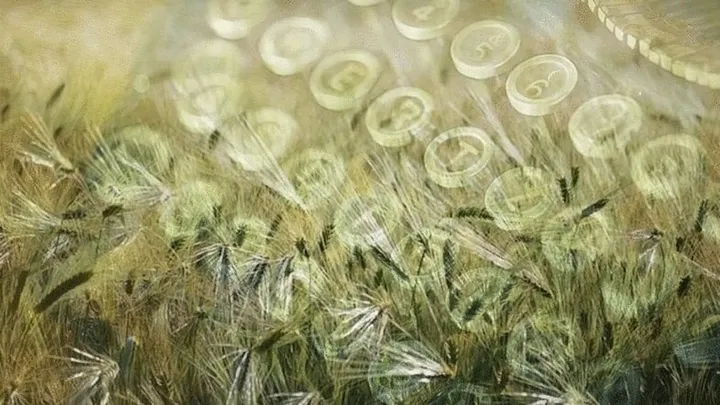
Reading ‘Melancholic Parables’ as a parable of Twitter. Flash fiction by Dale Stromberg. One way to read it: who we are when we’re tweeting, who we think we are when we’re tweeting, and why we keep tweeting.
When you claim that experts don’t know their stuff
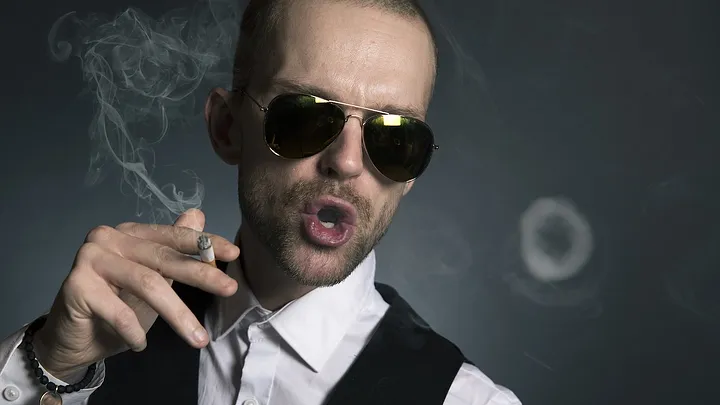
Jordan Peterson says climate scientists don’t define their terms. When a troll accuses someone else of bad-faith rhetoric, they’re usually only describing how they themselves operate. It’s spin. And it’s pure projection.
If we left space for wild animals
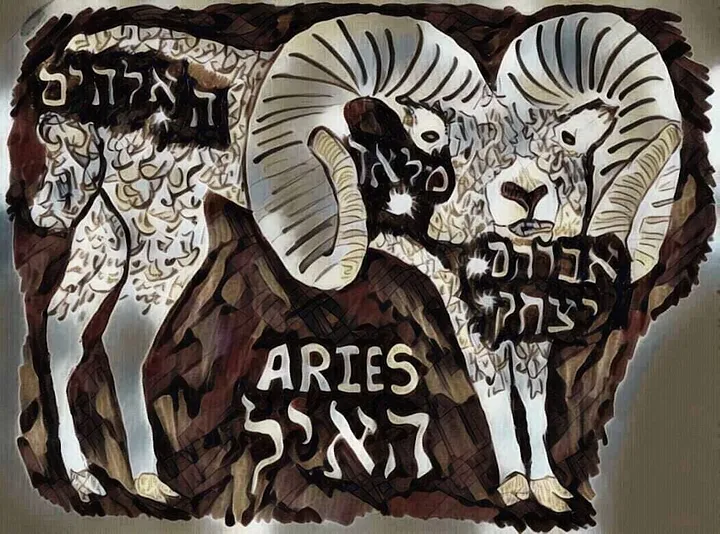
An alternate reflection on the Binding of Isaac. Maybe you didn’t want this. On the other hand, it was an important step for you. On the third hand, you wouldn’t have been in this situation if—
Earthpocalypse isn’t a ‘marginal’ cost (despite what economists say)
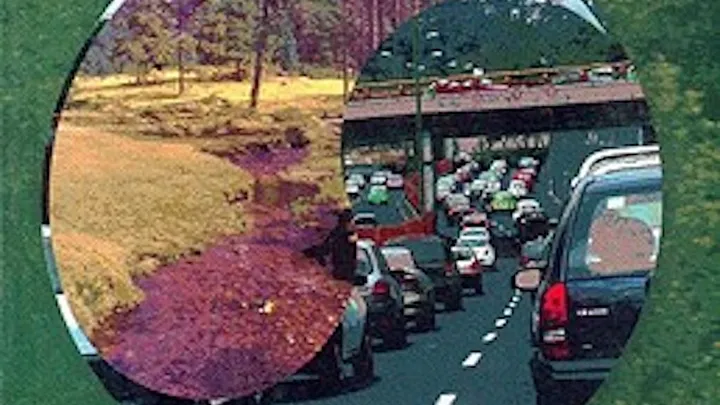
A couple observations from ‘El Planeta, Nuestro Cuerpo’. There aren’t ‘better’ ways to buy and sell nature, and GDP can measure poverty as much as profit. The absurdity reveals itself. Let’s choose more wisely.
One billion crabs have had it
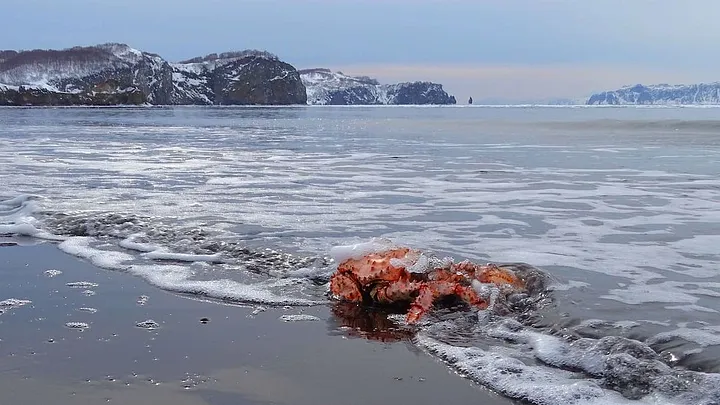
Alaska’s snow crabs said: ‘You can’t fire me because I quit’. What happens to animals involves plants, bacteria, landscapes, water, air. Everything is connected. How do the snow crabs feel? When can we ask them?
War may change how we rely on big oil

Energy companies’ reactions to Russia’s war on Ukraine. Often, a catastrophe forces a business to change by hitting it in its wallet. This is an ethical crisis too. Businesses have to change. Today.
Talking to climate skeptics
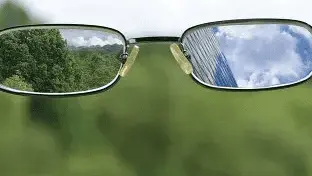
Reflecting on ‘How Culture Shapes the Climate Change Debate’ (2015). Most USAmericans are scientifically illiterate. It’s not that they don’t memorize scientific facts; they don’t even know how scientific reasoning works.
The Industrial Revolution: All of it has to change again
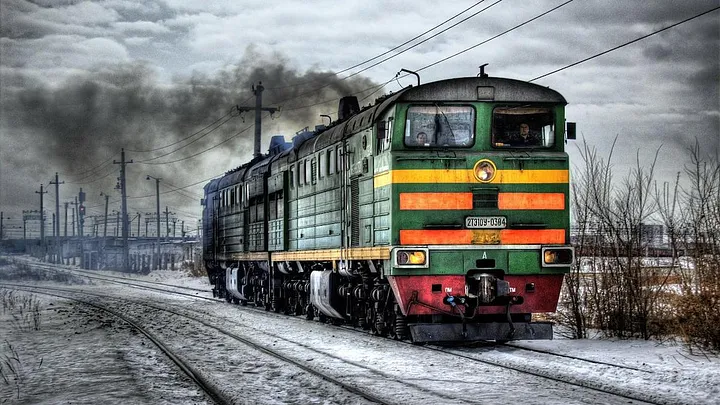
Trains represent where we’ve been & where we‘ll go next. Steel, aluminum, concrete; fossil fuels; electric light; transportation, communication, refrigeration, medicine. Do we know what we have to change?
Tadpoles teach us in Kern’s ‘Real Sugar’
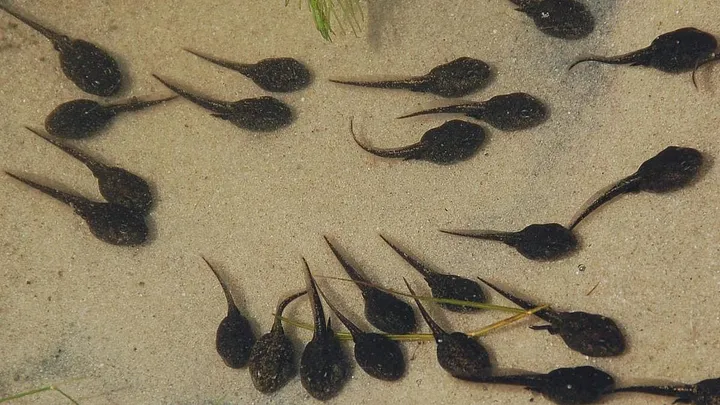
Stories for those who feel ‘fragile about frogs’. We can grieve “all the frogs that aren’t.” Some of our stories going forward, though, have to be about the frogs that are. Which will those be?
Why we’re so bad at solving long-term problems

‘The Optimist’s Telescope’ by Bina Venkataraman. It’s hard to ditch our loyalties and biases. It’s hard to stop focusing on past and present and to ponder what legacy we’re leaving for the distant future.
